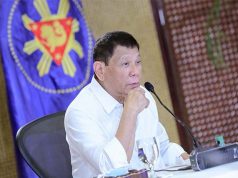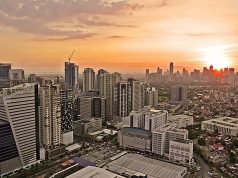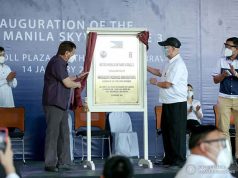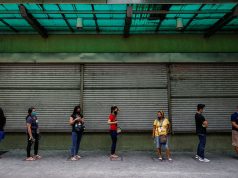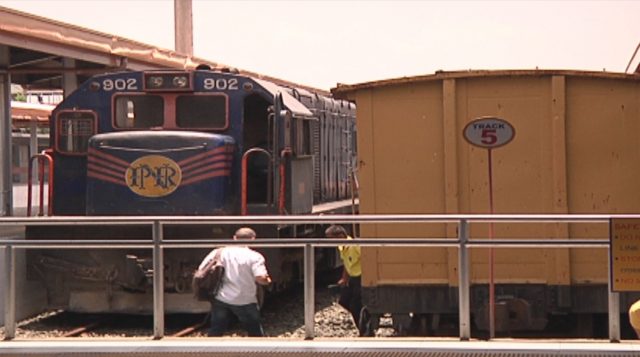
MANILA – President Duterte’s economic team affirmed to lawmakers Tuesday (August 1) that the expectations of a robust economy remain, and the target GDP growth of 6.5-7.5% is attainable.
Appearing at the start of budget hearings in the House of Representatives for the 2018 appropriations measure were heads of the Departments of Finance and of Budget and Management, the National Economic and Development Authority and the Bangko Sentral ng Pilipinas.
Congressmen, however, raised questions about the administration’s plan to borrow abroad to fund the ambitious “Build Build Build” infrastructure program that the administration believes will prime growth and spur inclusive progress all around.
Their apprehensions were allayed by Finance Secretary Carlos Dominguez, Budget Secretary Benjamin Diokno, NEDA chief Ernesto Pernia, who said the touted “golden age of infrastructure” will not needlessly drain the country’s coffers.
For one, Dominguez explained they have a firm commitment to keep at 3% the budget deficit, notwithstanding the huge requirements for funding infrastructure.
And even if the government were to borrow to fill the 3% budget deficit, the borrowing ratios will be strictly kept at 80%-20%: with 80% borrowed from domestic sources, and 20% in foreign borrowings.
Albay Rep. Edcel Lagman wanted to know where the loans funding the infrastructure will come from. Dominguez said there has been no actual loan agreement signed, but that the
total loan commitment by Chinese President Xi Jinping is in the realm of $9 billion in ODA financing.
According to Dominguez, the Philippines is also planning a $200-million bond float before the end of 2017, enticing Chinese investors.
Dominguez dismissed criticism by Party-list Rep. Ariel Casilao of Anakpawis, that the infrastructure funds will simply be focused in Manila and already-progressive regions.
Dominguez pointed out that, for instance, one of the biggest infrastructure projects that government will fund is the Philippine National Railways (PNR) South Line, which runs from Manila to Bicol, the second poorest region in the country.




